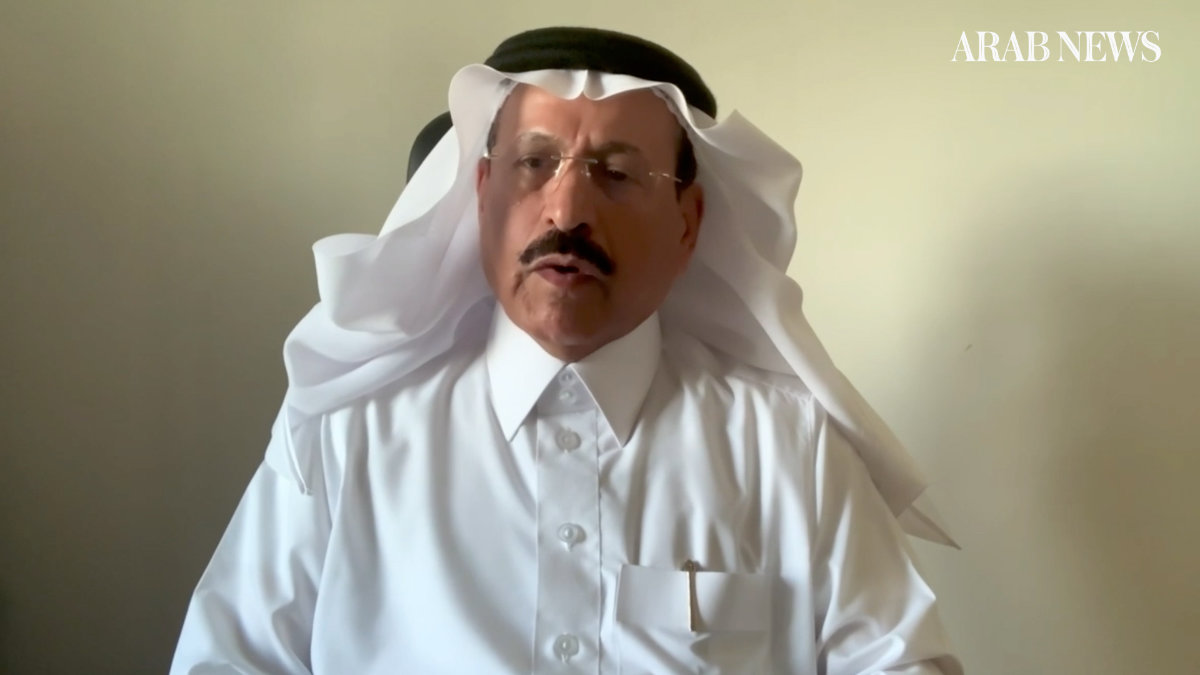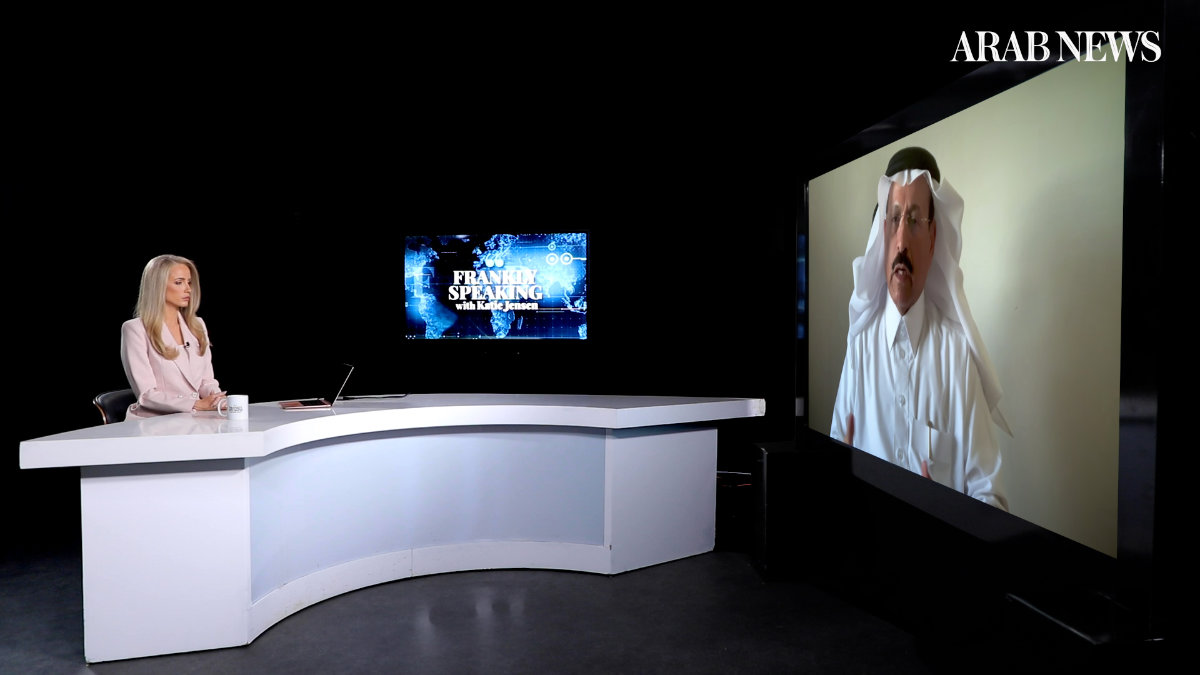DUBAI: With no end in sight to Israel’s onslaught on Gaza, a veteran Saudi diplomat has warned that the conflict could contribute to regional terrorism and spill over into neighboring countries.
Israel’s military launched an air-and-ground campaign in the Gaza Strip after a Hamas-led attack on Israel on Oct. 7 last year, in which about 1,200 people were killed and 253 others were taken hostage. More than 30,900 Palestinians have been killed in Gaza since then and at least 576,000 people are facing catastrophic levels of food insecurity, according to local health officials and the UN respectively.
Dr. Ali Awadh Asseri, a former Saudi ambassador to Lebanon and Pakistan, sounded the alarm during an appearance on “Frankly Speaking,” the weekly Arab News talk show.
“Israel has to stop (the atrocities in Gaza) immediately and deal in a humane way (so that) the hostages (taken by Hamas) are not tortured. That’s the answer,” he told Katie Jensen, the host of “Frankly Speaking.

Dr. Ali Awadh Asseri, former Saudi ambassador to Lebanon and Pakistan. (AN photo)
He added: “We hope that a ceasefire will take place in Gaza. Ramadan is coming. And the brutality that we have seen will not make anyone happy, any human being happy, especially in the Muslim world.”
Asked about the risks of a regional spillover, he said the war was already contributing to tensions in the north of Israel and in the south of Lebanon. “There’s tit-for-tat ongoing between Hezbollah and Israel.”
He added: “We hope (war) doesn’t escalate because, if we remember, the 2006 (Israel-Hezbollah) war devastated Lebanon. And all Lebanese, they really don’t want war. They want peace. They have a bad economy. They have bad governance.”
While the citizens of Lebanon may “desire nothing but peace and prosperity,” Asseri said the situation was complicated by the strength of Hezbollah in the country, and by extension, Iran’s control over the region.
“For Hezbollah, the command comes from Iran and it depends on what Iran wants. Hezbollah listens to the command that comes from Iran,” he said.
Discussing Saudi Arabia’s own strategy for defeating terrorism, Asseri said it has proved to be the most successful of its kind in the world.
He said the Kingdom took a comprehensive approach — “including military as well as nonmilitary instruments” — to address all the factors that contributed to terrorism and radicalization.

Dr. Ali Awadh Asseri, a former Saudi ambassador to Lebanon and Pakistan, speaks to host Katie Jensen on the Arab News current affairs show ‘Frankly Speaking.’ (AN photo)
Asseri said many countries, particularly in the Arab world and South Asia, took lessons from Saudi Arabia on how to run a successful counterterrorism program.
“Number one was prevention. Because our youngsters were misled and being taken in and indoctrinated so they were not familiar with the real spirit (and) message of Islam,” he said.
“We have seen other countries where they arrested terrorists and they tortured them and they interrogate them. And they stay in jail for a long time or they come back and talk to the same business. I’m very honored to see our government has taken a civilized approach to this phenomenon, which has nothing to do with Islam.”
He added: “With the strategy that has been implemented, the steps that the current government has taken, youngsters are happy. I don’t think they would ever think of getting back, or to be, terrorists again. Never.”
The full episode of “Frankly Speaking” will be released on Sunday.


























